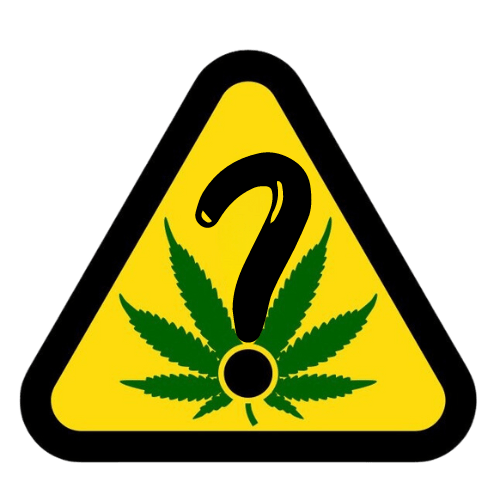How’s Pot Doing in Texas?
Cannabis is 20% legal in Texas
Cannabis Legality in Texas: An In-Depth Analysis
The legal landscape of cannabis in Texas is complex and has been subject to significant legislative activity in recent years. This report provides a detailed analysis of the current status of cannabis laws in Texas as of November 18, 2023, focusing on the legality of possession, purchase, and cultivation for both medical marijuana patients and adults.
Is It Legal for Medical Marijuana Patients to Possess THC-Containing Cannabis Products?
In Texas, medical marijuana patients are legally permitted to possess THC-containing cannabis products under the state’s Compassionate Use Program (CUP). The CUP was initially established to allow the use of low-THC cannabis products for patients with intractable epilepsy. Over time, the program has expanded to include a broader range of qualifying medical conditions, such as PTSD, cancer, and autism. The legal threshold for THC content in medical cannabis products was increased from 0.5% to 1% by weight under House Bill 1535, which took effect on September 1, 2021 (Texas Cannabis Organization).
Is It Legal for Medical Marijuana Patients to Buy THC-Containing Cannabis Products in a Store?
Medical marijuana patients in Texas have the legal right to purchase THC-containing cannabis products from licensed dispensaries operating under the Compassionate Use Program. These dispensaries provide access to cannabis oil containing up to 1% THC by weight. The sale of CBD products derived from hemp, which must contain less than 0.3% THC, is also regulated by the Department of State Health Services, with licenses issued to retailers and distributors (Texas Cannabis Organization).
Is It Legal for Medical Marijuana Patients to Grow THC-Containing Cannabis?
The cultivation of THC-containing cannabis for personal use by medical marijuana patients is not permitted in Texas. The Compassionate Use Program does not extend to the home cultivation of cannabis plants, regardless of the THC content. Only licensed growers are authorized to cultivate medical cannabis within the state (My MMJ Doctor).
Is It Legal for Adults to Have THC-Containing Cannabis Products?
As of the current date, the possession of THC-containing cannabis products for recreational use remains illegal in Texas. Possession of up to two ounces of cannabis is classified as a Class B misdemeanor, punishable by up to 180 days in jail and/or a fine of up to $2,000. However, House Bill 218, which received preliminary approval from the Texas House of Representatives, aims to decriminalize the possession of small amounts of marijuana. If enacted, possession of up to one ounce of marijuana or cannabis concentrate would be reclassified as a Class C misdemeanor, carrying a fine of up to $500. This bill also includes provisions for the expungement of certain past marijuana possession convictions (Forbes).
Is It Legal for Adults to Buy THC-Containing Cannabis Products in a Store?
Currently, the purchase of THC-containing cannabis products for recreational use is illegal in Texas. There are no licensed stores or dispensaries for adult-use cannabis in the state. The only legal purchases of cannabis-related products are those containing less than 0.3% THC, such as CBD products derived from hemp, which are available to the general public (Texas Cannabis Organization).
Is It Legal for Adults to Grow THC-Containing Cannabis?
Adults in Texas are not allowed to cultivate THC-containing cannabis for personal or recreational use. The state’s laws do not provide provisions for the home cultivation of cannabis plants. However, the cultivation of hemp, which is defined as cannabis with a THC concentration of less than 0.3%, is legal under House Bill 1325 (Texas Cannabis Organization).
Conclusion
The state of Texas has made strides in expanding access to medical marijuana through the Compassionate Use Program, allowing patients with qualifying conditions to legally possess and purchase THC-containing cannabis products from licensed dispensaries. However, the cultivation of cannabis by medical patients is not permitted. For adults, the possession, purchase, and cultivation of THC-containing cannabis for recreational use are illegal, with potential changes on the horizon pending the enactment of proposed decriminalization legislation. It is crucial for individuals to stay informed of the evolving legal landscape and to consult with legal professionals for the most current and accurate information.
References
- Texas Cannabis Organization. (n.d.). Texas Cannabis Laws. Retrieved from https://texascannabis.org/laws
- My MMJ Doctor. (n.d.). Texas Medical Marijuana Laws. Retrieved from https://mymmjdoctor.com/texas-medical-marijuana-laws/
